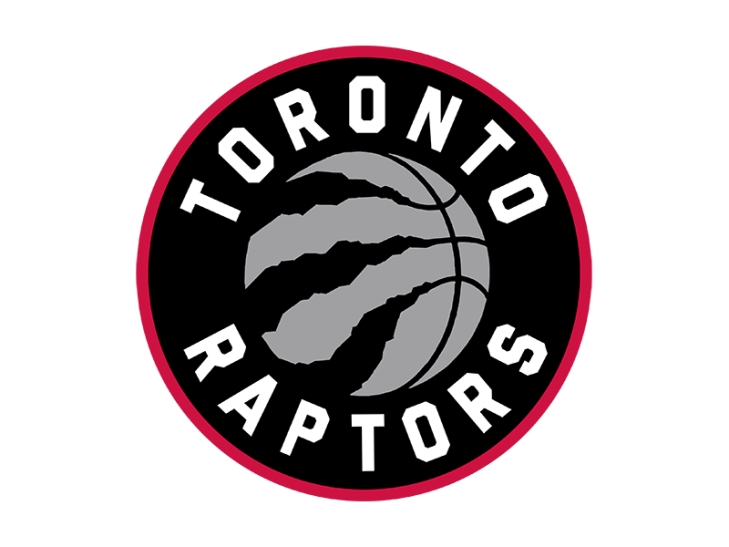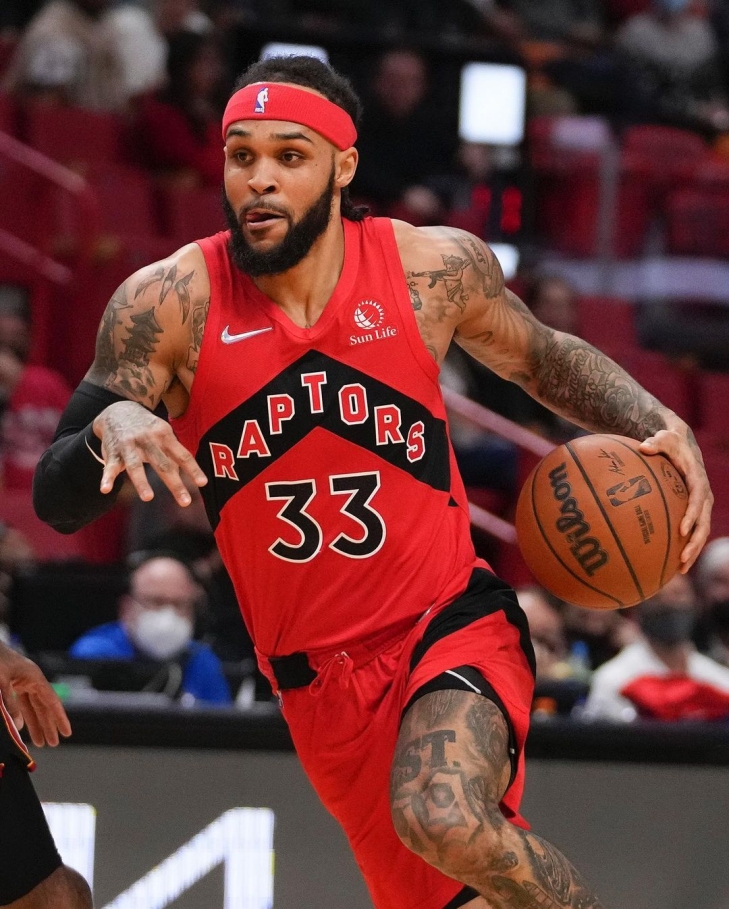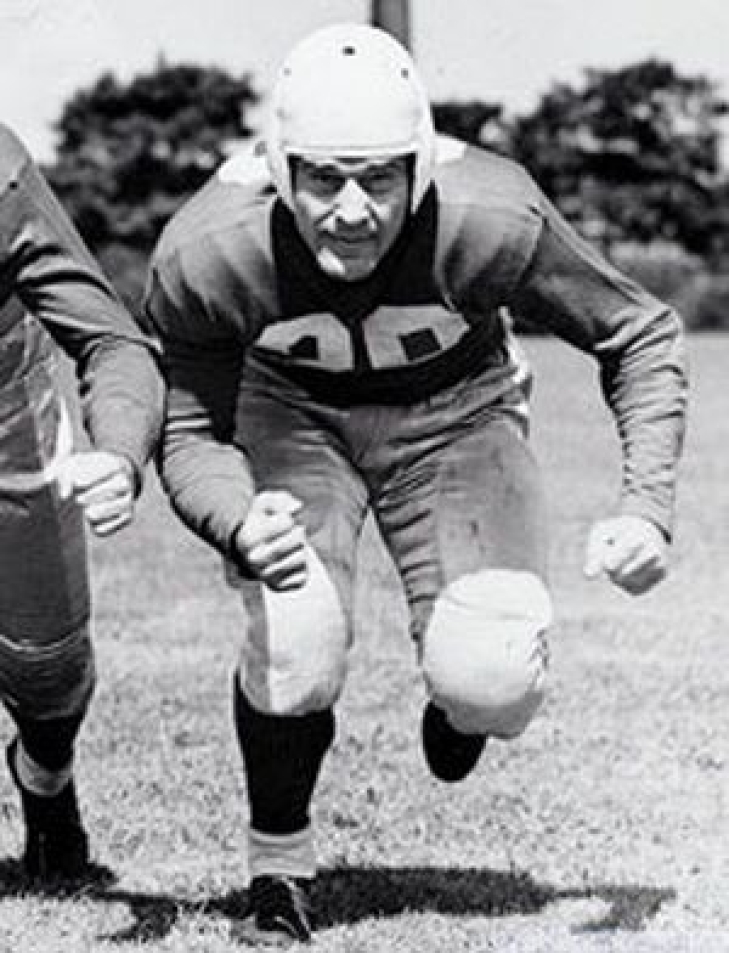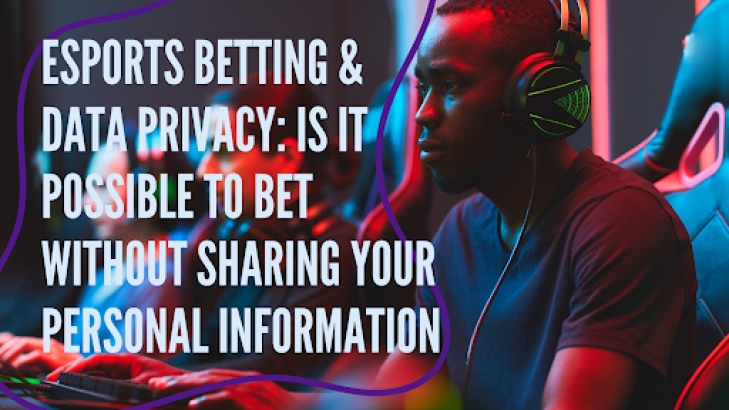
Committee Chairman
Our All-Time Top 50 Toronto Raptors have been updated to reflect the 2022/23 Season
Yes, we know that this is taking a while!
As many of you know, we here at Notinhalloffame.com are slowly generating the 50 of each major North American sports team. That being said, we have existing Top 50 lists out and we always consistently look to update them when we can and based on necessity. As such, we are very happy to present our post 2022/23 revision of our top 50 Toronto Raptors.
As for all of our top 50 players in basketball we look at the following:
1. Advanced Statistics.
2. Traditional statistics and how they finished in the National Basketball Association.
3. Playoff accomplishments.
4. Their overall impact on the team and other intangibles not reflected in a stat sheet.
Last year, Toronto only made it to the play-in round, but when you have a franchise this young, you will see fluctuation in a top 50, even in a mediocre year.
As always, we present our top five, which saw a new number five:
1. Kyle Lowry
2. Chris Bosh
3. Vince Carter
You can find the entire list here.
Siakam continues his climb, and has done enough to breach the top five.
Fred VanVleet, who is now with the Houston Rockets, climbed to #8 from #12.
Shooting Guard, O.G. Anunoby moved up to #14 from #20.
Former Rookie of the Year, Scottie Barnes, advanced ten spots to #26.
Center, Jakob Poeltl, who returned last year, shot up nine spots to #31. This jump, despite only 24 more Games was a testament to Poeltl’s efficiency and Toronto’s overall brevity in length.
The lone new entry was Gary Trent, who debuts at #33.
We welcome your input and comments and as always, we thank you for your support.
30. Gary Trent Jr.
Traded from the Portland Trail Blazers during the 2020/21 Season for Norman Powell, Gary Trent who became Toronto’s starting Shooting Guard.
Trent had his best year with the Raptors in his first full season with the North, finishing third in Steals per Game (1.7), and what is currently a career-high in Points per Game (18.3), and he followed that with a similar season (17.4 Points and 1.6 Steals per Game). Going into 2023-24, Trent will lost starting minutes to O.G. Anunoby, and it would be his last season in a Raptors uniform as he joined the Milwaukee Bucks in 2024 as a free agent.
The Pro Football Hall of Fame Revisited Project: 1952 FINAL VOTE
1952 Pro Football Hall of Fame Revisited Project Class.
Here we are! Again!!
If you have been following our Pro Football Hall of Fame Revisited Project, you know that we have asked the rhetorical question…what if the PFHOF began in January of 1946?
After soliciting and obtaining a passionate group of football fans and historians, we sent out a ballot for a Preliminary Vote, which we asked each voter to give us 25 names as their semi-finalists, and 5 in the Senior Pool. Following that, we asked the group to vote for their 15 Finalists in the Modern Era, and 3 in the Senior Category. The final stage was to vote for their five Modern Era inductee, one Senior inductee and one Coaches/Contributor inductee.
This is the result of the seventh official class;
Below, are the final results of this project based on 31 votes:
This is for the “Modern Era”
*Bold indicates they have been elected to the Pro Football Hall of Fame Revisited Class of 1952:
|
Player |
Year of Eligibility |
Vote Total |
|
Ox Emerson G-C |
9 |
19 |
|
Arnie Herber TB-HB-DB-QB-BB |
2 |
18 |
|
George Musso G-T |
3 |
16 |
|
Dutch Sternaman HB-QB-FB |
20 |
15 |
|
Joe Stydahar T |
1 |
14 |
|
Red Badgro E-DE |
11 |
13 |
|
Tuffy Leemans FB-TB-DB-QB |
4 |
12 |
|
Jimmy Conzelman HB-TB-BB-E |
18 |
9 |
|
Swede Youngstrom G-T-E-C |
20 |
8 |
|
Turk Edwards T |
7 |
7 |
|
Beattie Feathers HB-WB |
7 |
6 |
|
Cecil Isbel TB-HB |
5 |
6 |
|
Ace Parker TB-DB-QB |
1 |
6 |
|
Gus Sonnenberg T-FB-TB |
17 |
4 |
|
Joey Sternaman QB-BB |
17 |
2 |
This is for the “Senior Era”
This is the third year where a Senior Candidate had to get at least 50% of the vote and the first time that someone did.
|
Blondy Wallace |
7 |
20 |
|
Cub Buck |
2 |
3 |
|
Hunk Anderson |
2 |
3 |
This is for the Coaches/Contributors
*Bold indicates they have been elected to the Pro Football Hall of Fame Revisited Class of 1952:
|
Jimmy Conzelman |
3 |
13 |
|
Ralph Hay |
3 |
12 |
|
Charles Bidwell |
3 |
6 |
About the 1952 Inductees:
Ox Emerson G-C, PRT 1931-33, DET 1934-37, BKN 1938: Inducted in 1952 on his 7th Ballot (technically his 9th year of eligibility).. Was never inducted into the actual Pro Football Hall of Fame.
A member of the NFL All-Decade 1930's Team, Ox Emerson began his pro career in 1931 with the Portsmouth Spartans, and in his second season, he would be selected to his first of five straight First Team All-Pros. The Spartans relocated to Detroit, and the team was renamed the Lions. Emerson was an integral part of their Championship win in 1935. His work in the trenches was a vital part of the team's rushing success throughout the years, and he is one of the best Linemen that Detroit ever had.
Arnie Herber TB-HB-DB-QB-BB, GNB 1930-40, NYG 1944-45: Inducted in 1952 on his 2nd Ballot. Was inducted into the actual Pro Football Hall of Fame in 1966.
As the passing game evolved in the 1930s, Arnie Herber emerged as one of the top Quarterbacks in the changing sport. When the National Football League officially kept accurate passing statistics in 1932, it was Herber who won the first passing title, and he did so again in 1934 and 1936. The pivot would lead Green Bay to four NFL Championships in the 1930s.
George Musso G-T, CHI 1933-44: Inducted in 1952 on his 3rd Ballot. Was inducted into the actual Pro Football Hall of Fame in 1982.
A four-sport star at tiny Millikin, George Halas gave George Musso an opportunity, but despite Musso’s size (6’ 2”, 265 LBS), Halas did not think he had the collegiate chops to make it in the NFL. Halas had never been so happy to be proven wrong. Musso played for Halas and the Bears for a dozen years, and he anchored Chicago to seven NFL Championship Games, winning four of them. A Tackle for the first four years of his career, Musso moved to Guard afterward, and he was dominant at both positions, earning All-Pro honors in both slots. He was also a natural leader, and served as Chicago’s captain for nine years.
Dutch Sternaman HB-QB-FB, CHI 1920-27: Inducted in 1952 on his 7th Ballot (technically his 20th year of eligibility). Was never inducted into the actual Pro Football Hall of Fame in 1966.
A teammate of George Halas at the University of Illinois, Edward “Dutch” Sternaman was the first player signed by Halas when he took over the Decatur Staleys, which would eventually become the Chicago Bears. Sternaman served as the team’s primary rusher early in his career, helped them win the 1921 NFL Championship, and later would be a partner of Halas in the team, though poor investments led him to sell his interest to Halas.
Joe Stydahar T, CHI 1936-42 & 1945-46: Inducted in 1952 on his 1st Ballot. Was inducted into the actual Pro Football Hall of Fame in 1967.
Joe Stydahar was part of Chicago’s first ever draft in 1936, and the product of West Virginia was not expected to become a superstar Tackle on the NFL level. As was often the case, George Halas knew what others did not. Stydahar became one of the game’s top two-way Tackles, and played his entire career with the Bears, winning three NFL Championships and earning four consecutive First Team All-Pros (1937-40).
Blondy Wallace: Inducted in 1952 on the 7th Senior Contributor Ballot. Was never inducted into the actual Pro Football Hall of Fame.
Wallace was the face of professional football from 1902 to 1907, having played for and dominated for teams like the Philadelphia Athletic Club, Philadelphia Athletics, Syracuse Athletic Club, Franklin Athletic Club, Canton Athleitic Club and Canton Bulldogs.
Jimmy Conzelman: Inducted in 1952 on the 3nd Coaches/Contributor Ballot. Was inducted into the actual Pro Football Hall of Fame in 1964.
Conzelman enters the Hall for his coaching accomplishments, though he was pretty good player in his own rights, scoring 26 Touchdowns over his career. Conzelman first played in the NFL in 1921, and was also a Coach. Conzelman won the NFL Championship in 1928 with Providence, and he would later coach the Chicago Cardinals to a title in 1947.
eSports Betting & Data Privacy: Is It Possible To Bet Without Sharing Your Personal Information
Although traditional sports betting is still extra popular, eSports wagering confidently catches up. According to statistics, the eSports betting market is projected to generate a revenue of up to US$2.13bn in 2023.
At the same time, the experts suggest an overall revenue of about US$3.17bn by 2027 (given the CAGR of 10.45%). Compared to a traditional variant, eSports betting implements all the latest trends and technologies that help attract new clients and keep regular ones engaged.
Anonymous wagering is exactly one of those trends that is developing as a response to multiple bettors who prefer to hide their personality and their activity online.
The Landscape of eSports Betting
All modern eSports betting platforms can be divided into 2 groups. The first one is more traditional, where you must provide personal data according to the AML/KYC policy to start betting and withdraw winnings. The second group unites sites (often those that support cryptocurrencies) where you can enjoy betting without revealing your ID at all. You can easily try NonGamStopCasinos no ID sportsbooks to try this option and only then make a decision about what’s better for you.
Traditional eSports Betting Platforms
Within conventional eSports betting platforms, you can register using email/phone number or even via an account on social networks. Then, you can make your first deposit and start wagering. But to withdraw winnings, you must pass the ID verification by uploading documents like a passport or ID card.
Also, they require you to provide proof of your money source (bank card or bank account statements) and physical address (copy of a utility bill). On the one hand, you have to reveal your ID details and sometimes wait longer until you get winnings on your bank card. On the other hand, you may also expect better protection of personal data and quick resolution of any dispute situations.
The Rising Interest in No Verification Betting
Wagering at no-verification eSports betting sites, you do not have to pass long and boring ID/payment data verifications, upload scans/copies of documents, etc. After registration, you may deposit, bet, and withdraw without revealing your activity.
Often, these crypto sites use the advantages of virtual money (decentralization, no controls by third parties, etc.). Such sites have quicker withdrawal speed, tempting promotions, higher odds, and better accessibility. As for cons, such sites often do not support Responsible Gambling rules and are more often exposed to hacking attacks and malicious activity.
Data Privacy Concerns in eSports Betting
When speaking about traditional and no-verification bookmakers, it is always about data privacy concerns. Bettors should decide on their priorities: more free and risky wagering or betting within strict frames but in a 100% secured environment
The Importance of Personal Data in Betting
Personal data is collected during the registration (phone number, email, full name, etc.) and verification stage. The second option is important for successful withdrawals. You must provide copies/scams of your passports or ID, bank card data (or bank account), and the current physical address.
A bookie’s specialists verify the data to prevent involving minors in betting. Also, it is necessary to stick to AML policy rules to prevent sponsoring terrorism and other illegal activity.
Data Privacy Regulations and Compliance
There are basic norms associated with GDPR that a reputable bookmaker must adhere to. At the same time, there is always room for interpretation depending on the sportsbook’s location, servers where data is stored, and the data itself.
As a rule, almost any bookmaker sends data abroad (using verified transfer protocol), where they are kept in cloud storage. To ensure the data is permitted according to GDPR, ask 2 simple questions:
- Does the bookie transfer info to the approved country?
- Does the bookmaker support Standard Contractual Clauses?
In case of violation of basic rules, bookies risk getting serious penalties and sanctions.
Exploring No-Verification Betting Options
While choosing a no-verification bookmaker, you should realize all the pros and cons. Along with better convenience and accessibility, you may face a lack of security measures and problems with the Responsible Gambling policy.
Benefits of No-Verification Betting Sites
Among the clear advantages of no-verification sites is anonymity. You do not need to provide the same data as you do at conventional bookmakers (payment details, copy of passport, etc.). Also, bettors highly evaluate enhanced convenience when you can register and start wagering in a couple of clicks.
In case of cashing out, you do not need to wait for a long time until the bookie’s experts verify your data and allow the transaction. Also, there are no restrictions on specific categories of bettors who can register.
Risks and Challenges
Along with advantages, users of no-verification bookies should be ready for security concerns. There may be problems with HTTPS or a lack of SSL encryptions. Thus, your data may not be sufficiently protected while traveling from your end to the bookie’s.
Another problem is legality. Such sites often do not have a license, which means they do not operate according to the strict rules of a particular authority (UKGC, MGA, etc.). This may cause problems in resolving disputes.
Finally, no-verification sites often do not have an internal self-exclusion program and do not perform account monitoring. It may lead to problems with gambling addiction among vulnerable bettors.
Conclusion
The share of no-verification betting sites is growing since they are convenient and highly accessible. They do not set strict restrictions on registration and allow you not to reveal your ID while betting.
Often, such sites provide hassle-free withdrawals where you do not need to provide payment details in advance. At the same time, bo-verification bookmakers are associated with a higher risk of malicious activity and legal problems.
Moreover, vulnerable bettors can barely find a reliable internal self-exclusion program or any tools for account blocking or deposit limits.





